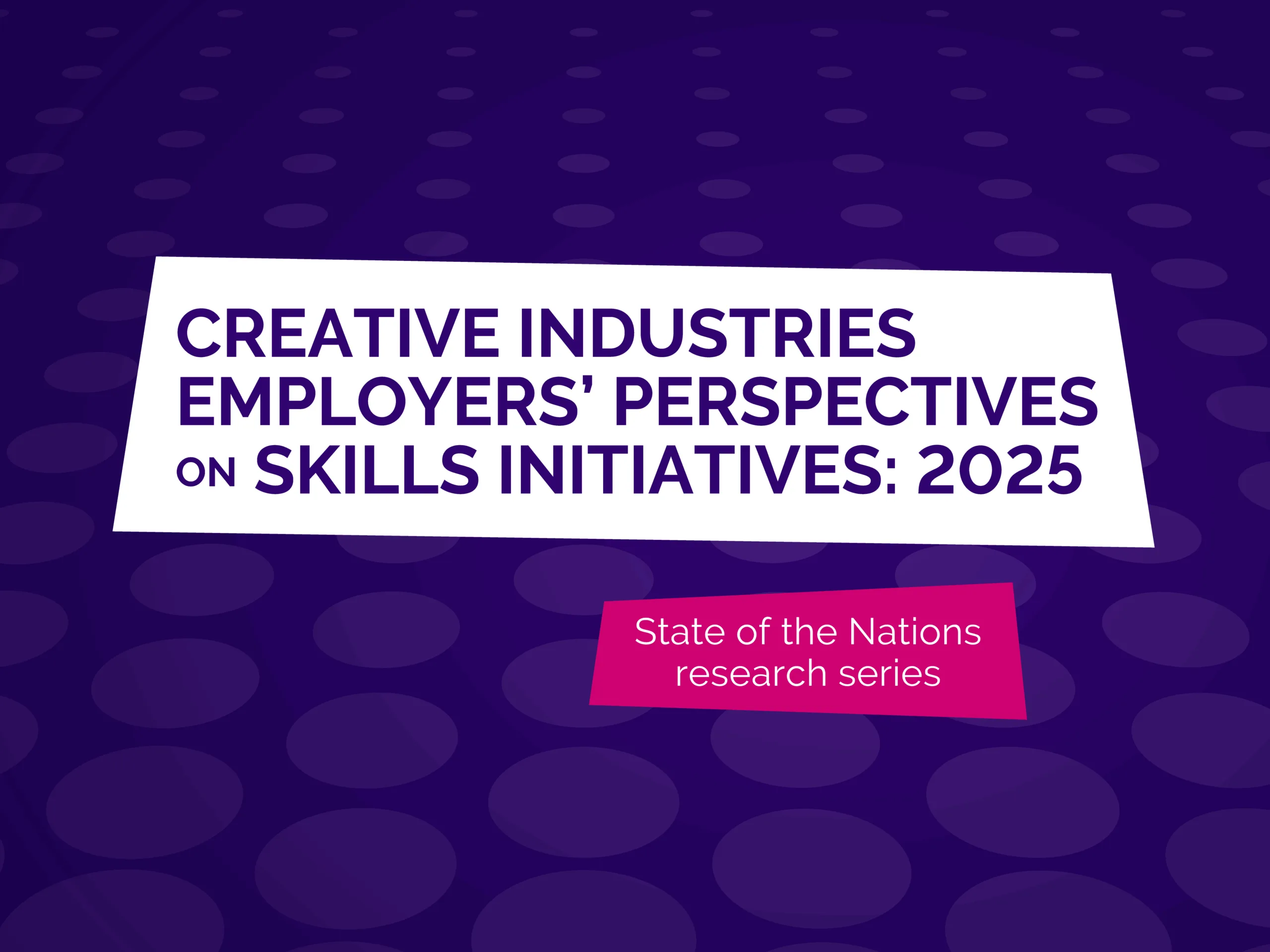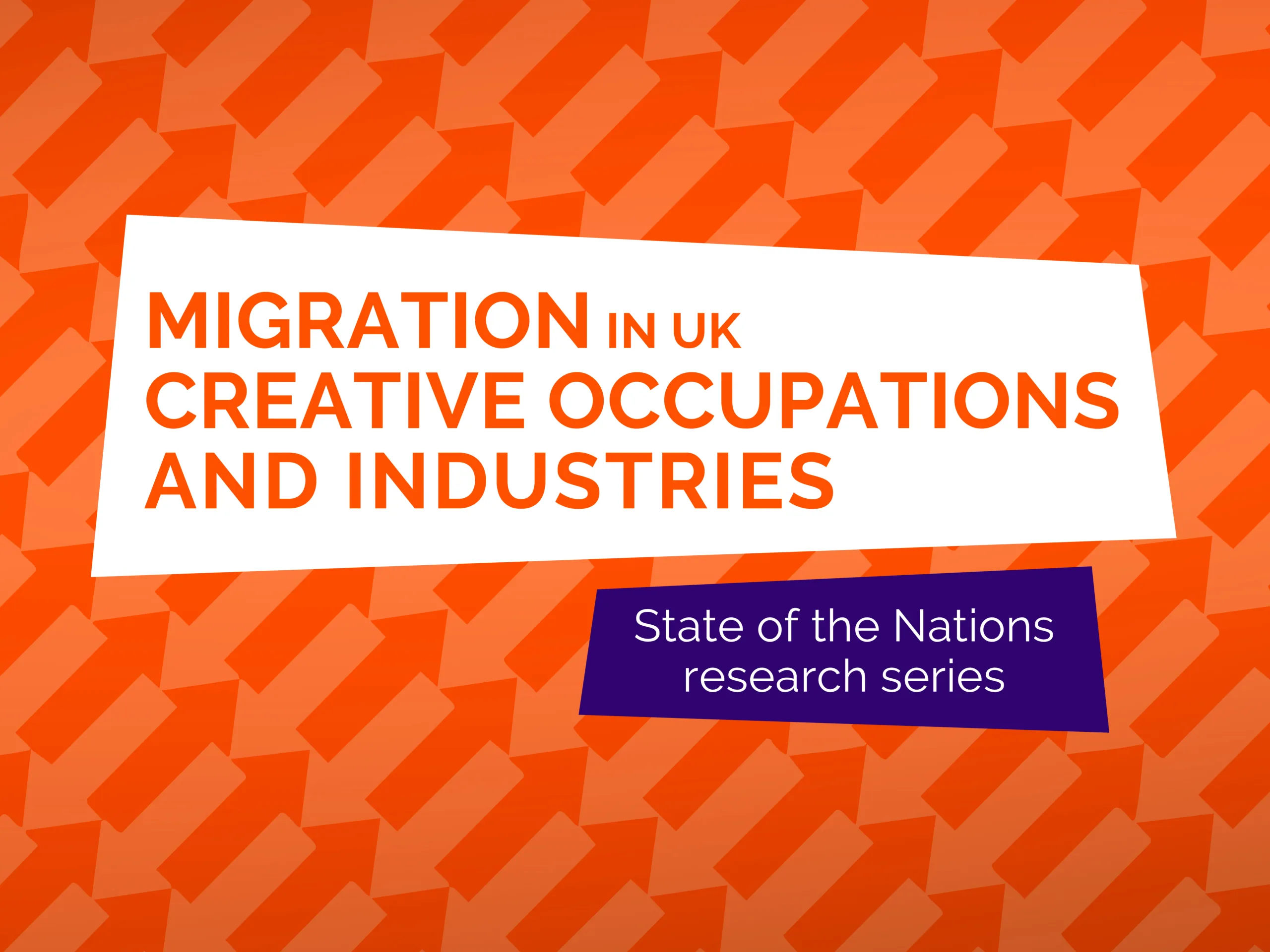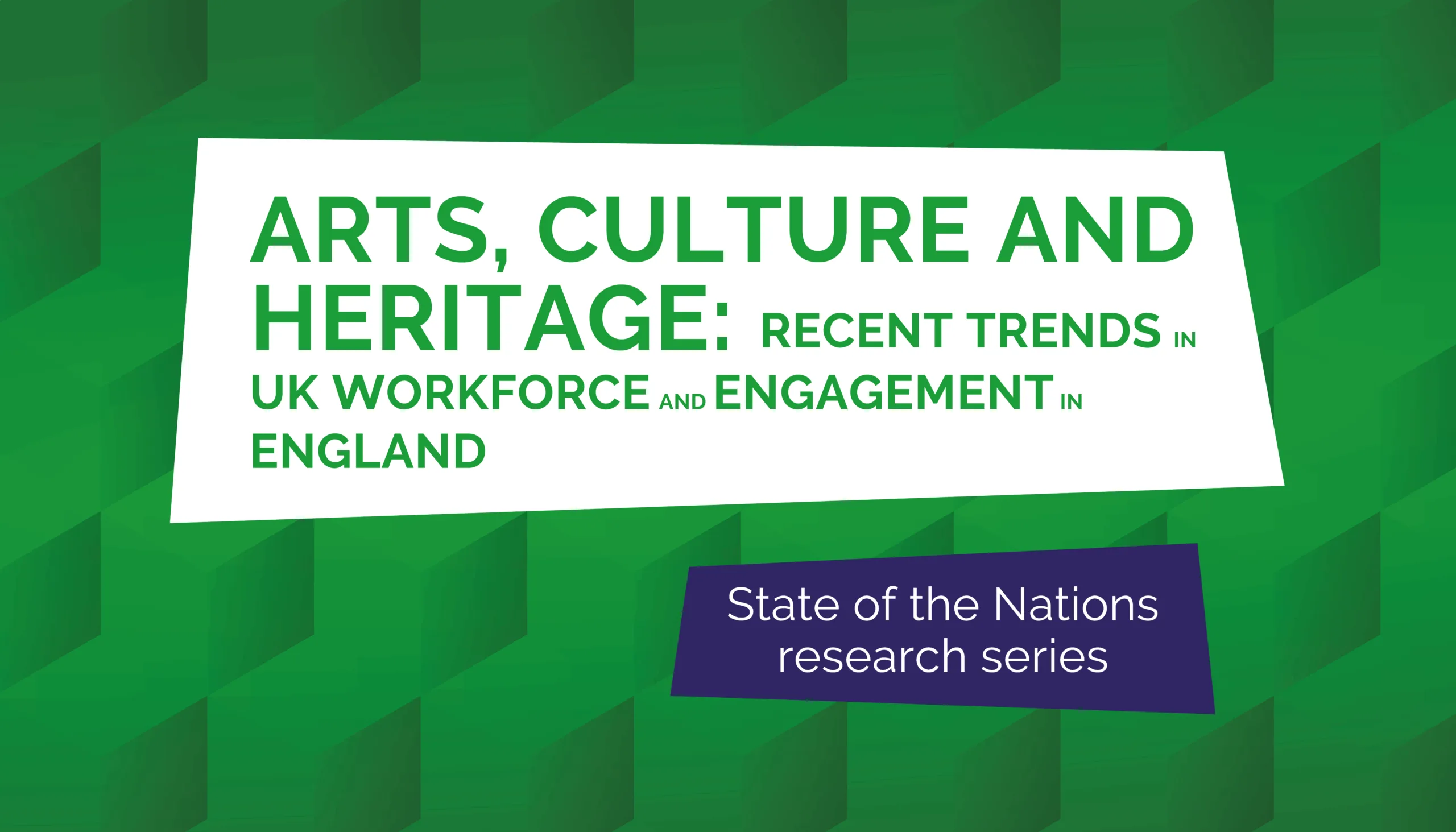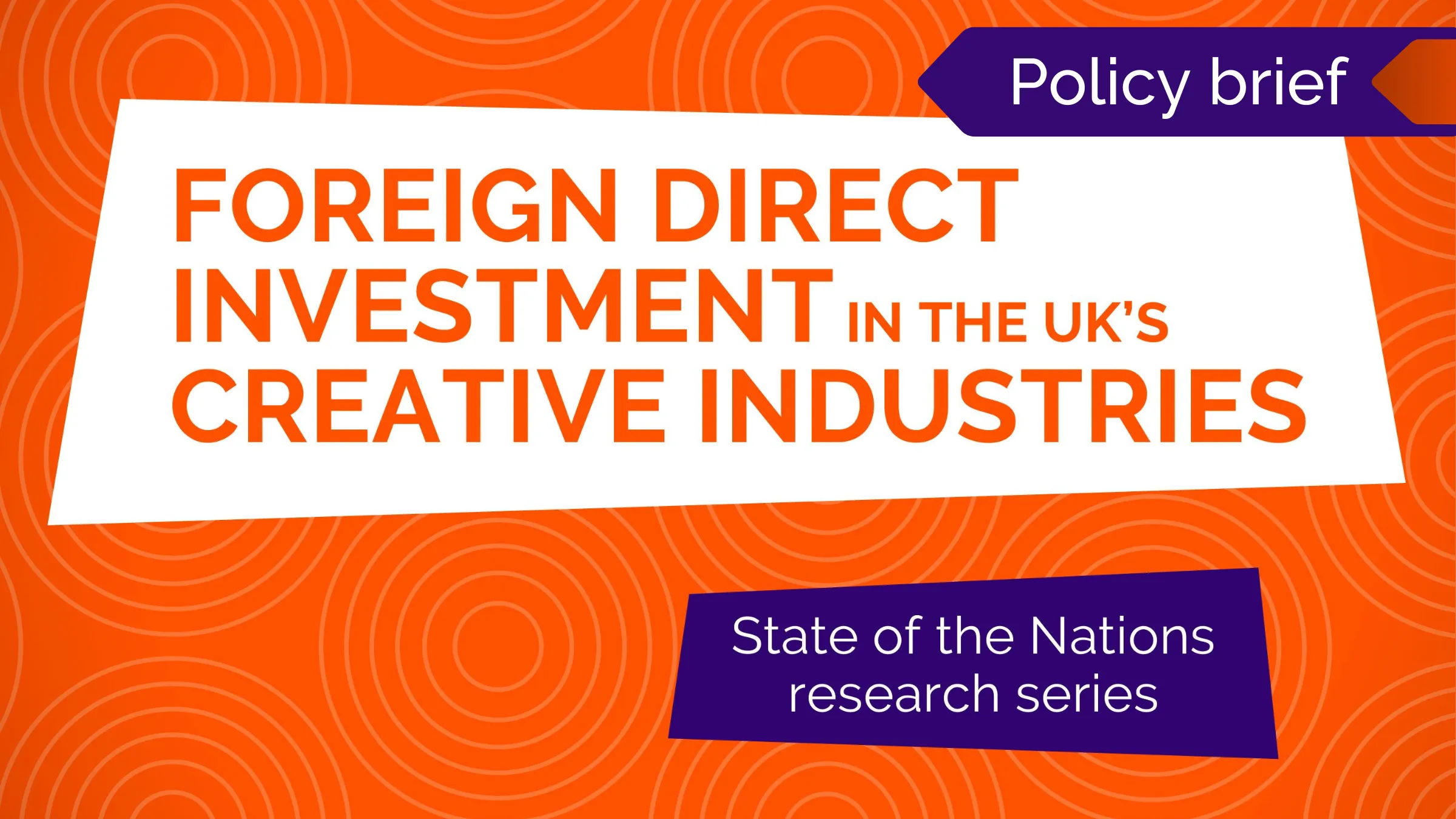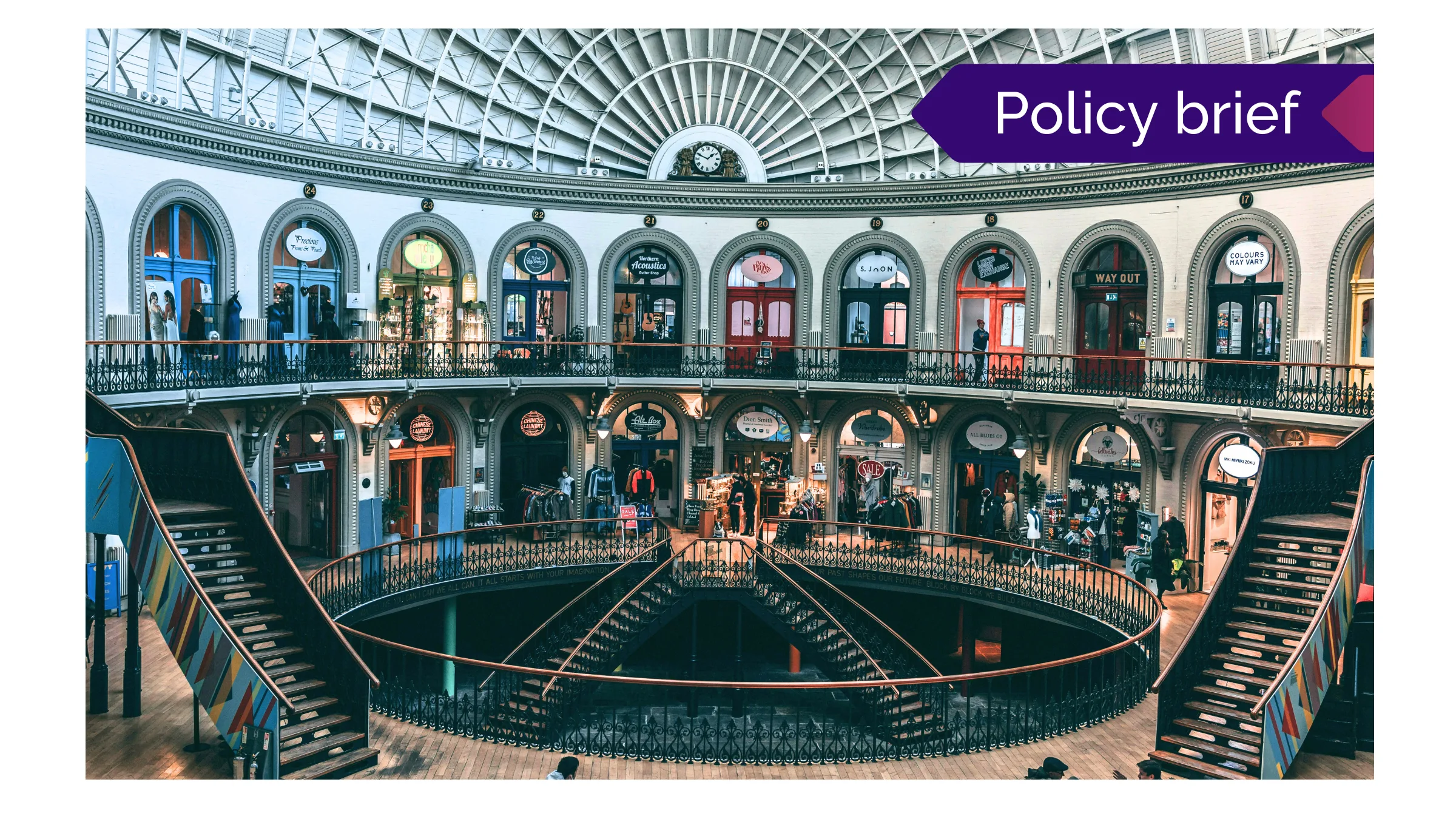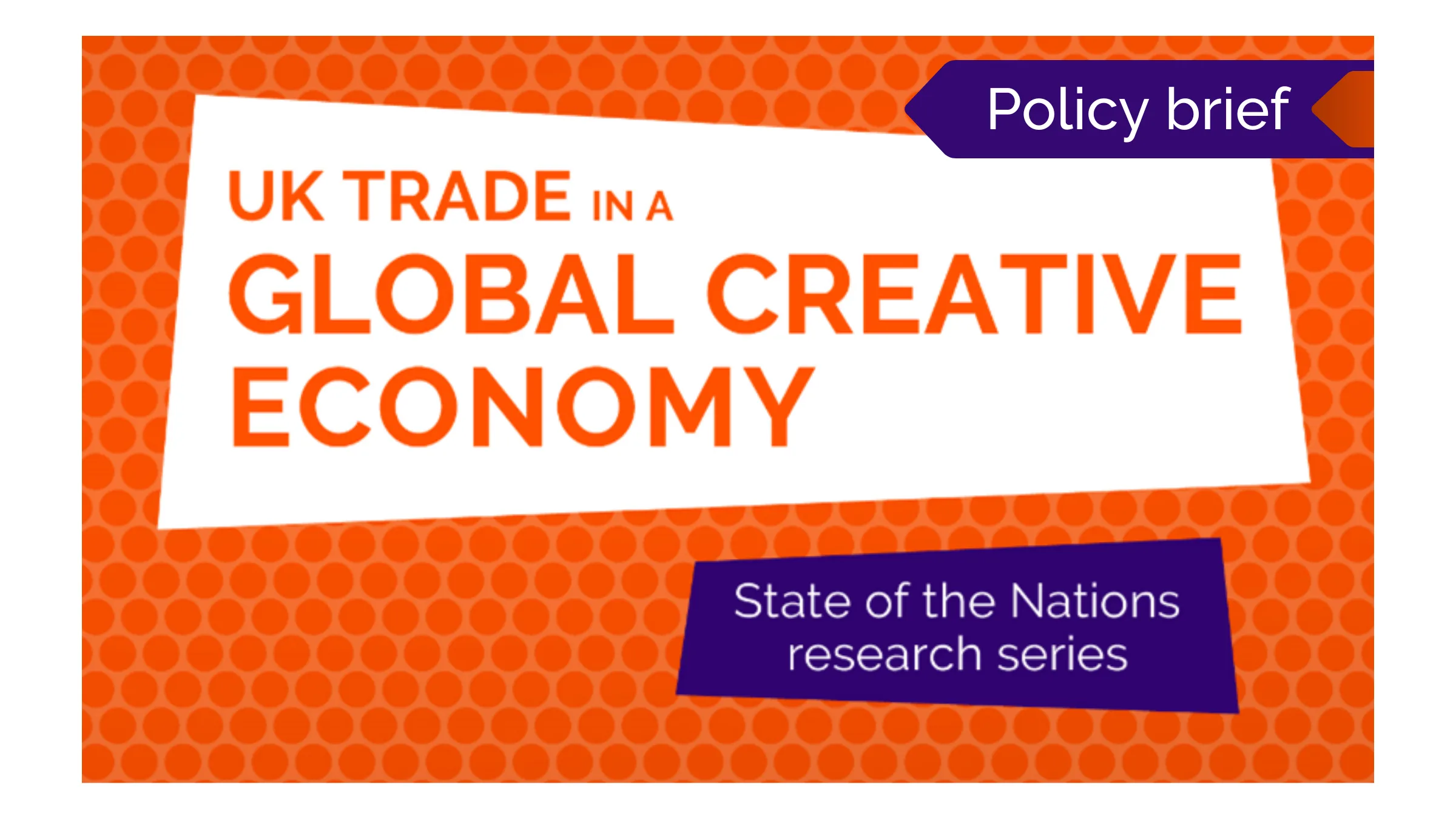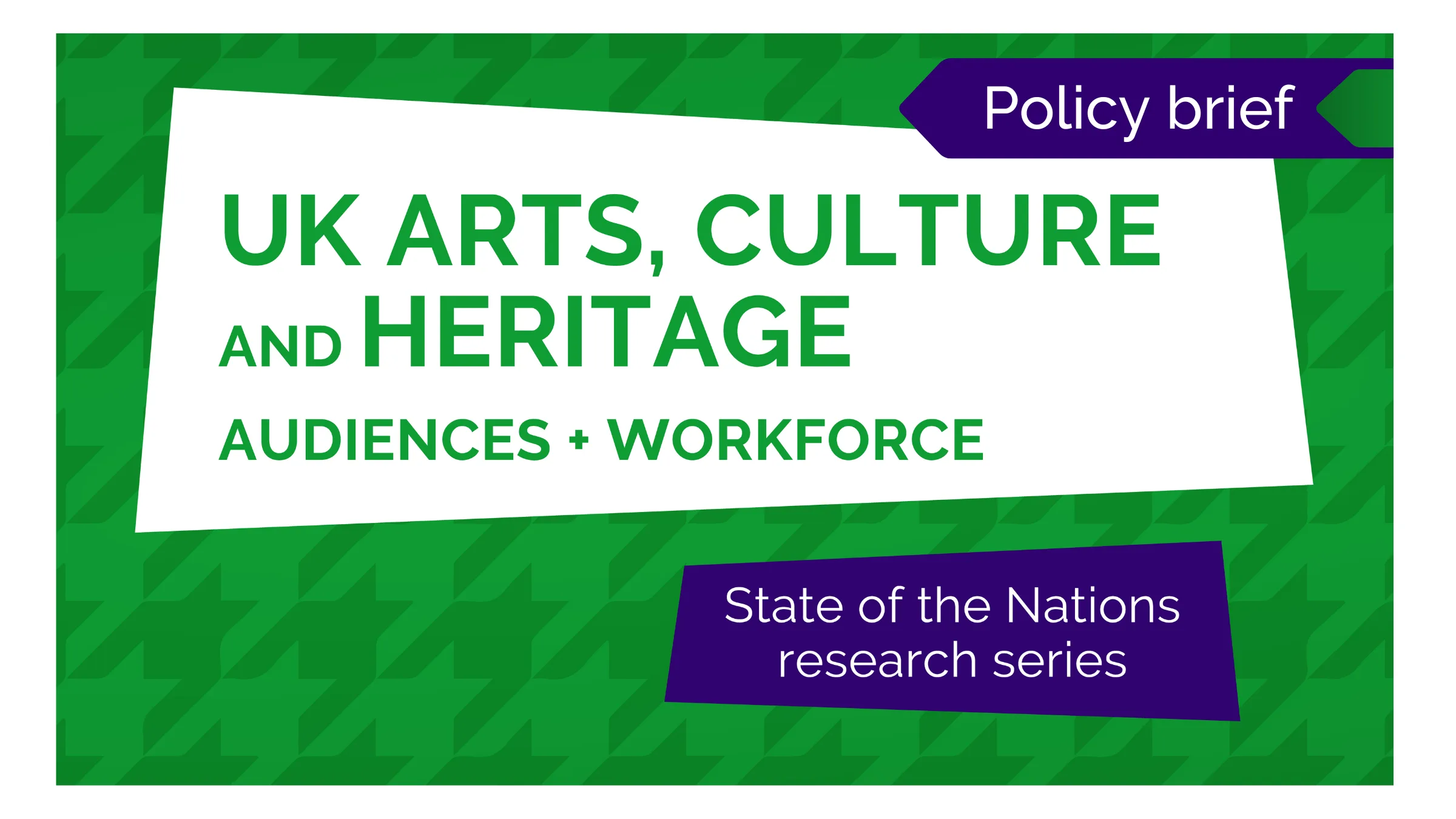This policy brief is designed to accompany the Discussion Paper,The Emergence of Platform Regulation in the UK: an Empirical-Legal Study.
Both this brief and the Discussion Paper will be vital reading for policymakers, regulators, and industry representatives. It is the first attempt at mapping the digital platform regulatory landscape, creating a taxonomy of 80 distinct online harms, eight areas of law that need to considered by regulators, nine different agencies who are responsible for regulation, and a diverse range of different regulatory tools that can be used and policy levers that can be pulled.
Through an analysis of 8 different UK government reports, issued over an 18 month period, researchers have found that policymakers are focusing on two key areas, Online Harms and Competition.
US multinationals – Google and Facebook in particular – have captured regulators’ attention, and they dominate references in the official literature.
The authors consider some of the outcomes for the UK’s regulatory authorities, and discuss the advantages and disadvantages of the UK’s multi-agency approach, splitting responsibility among multiple department and arms length bodies.
This policy brief is designed as a summary for the full discussion paper, The Emergence of Platform Regulation in the UK: an Empirical-Legal Study, which you can dowload here
Photo by Prateek Katyal on Unsplash
Related Policy Briefings
Harnessing the growth potential of createch
This insights paper summarises existing evidence on the present opportunities and challenges in crea…
Policy Brief: Creative Industries Employers’ Perspectives on Skills Initiatives: 2025
Overview The Government’s new Industrial Strategy sets a long-term, sector-focused approach to skill…
Policy Brief: Migration in UK Creative Occupations and Industries
Overview The UK’s creative industries are internationally oriented, a fact that’s reflected in its e…
Policy Brief: Arts, Culture and Heritage: Recent Trends in UK Workforce and Engagement in England
Overview Five years after the Covid-19 pandemic, engagement and employment in the arts, culture and …
Policy Brief: Foreign Direct Investment in the UK’s Creative Industries
Read the Policy Brief based on the most recent State of the Nations Report on FDI.
Policy Brief: Insights from the Northern Creative Corridor Workshops Sprint
The Northern Creative Corridor is an initiative aimed at connecting creative clusters across Norther…
Policy Brief: International Trade and the UK Creative Industries
This policy brief examines international trade in the UK creative industries. Drawing on our UK Trad…
Policy brief: Audiences and Workforce in Arts Culture and Heritage
This policy brief uses census data to provide, for the first time, a comprehensive analysis of audie…
Policy Brief: Transitioning to Sustainable Production across the UK Theatre Sector
This policy brief outlines recommendations for transitioning to more sustainable theatre production …
Authors’ Earnings in the UK
This policy briefing sets out areas for possible policy action, proposed by the researchers at CREAT…
Television production, international trade and pressures to consolidate
The UK television production sector is one of Britain’s leading creative export sectors. This briefi…
Three ways to support growth in the creative industries
Three ways to support growth in the creative industries The Creative Industries are an economic powe…


